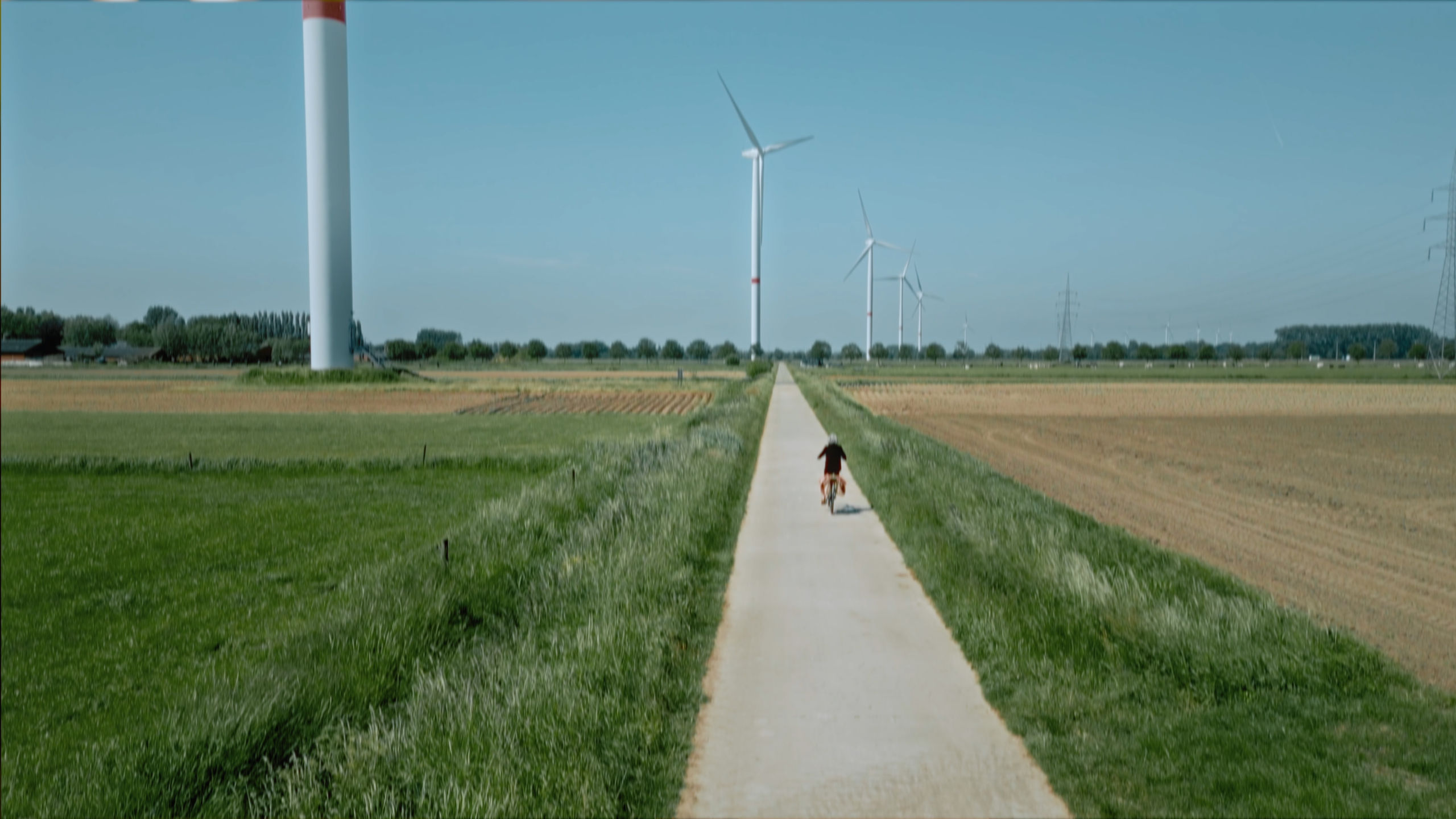Since the adoption of the Paris Agreement, there has been a growing number of net-zero commitments by non-state actors, including businesses, investors, cities and regions. This growth has been accompanied by a proliferation of criteria and benchmarks to set net-zero commitments, with varying levels of robustness.
To develop stronger standards for net-zero commitments, in March 2022 the UN set up a High-Level Expert Group on the Net-Zero Emissions Commitments of Non-State Entities and called for submissions from stakeholder organizations. In response to this, Laurence Tubiana, CEO of the European Climate Foundation, submitted a public response with the aim of ensuring the integrity of net-zero commitments and seeking the most ambitious outcome.
In her role as the French Climate Change Ambassador and Special Representative for COP21, Ms. Tubiana insisted that the Paris Agreement must not only include short-term, nationally-determined contributions for climate action, but also a long-term, science-based goal that would set the thresholds of climate safety. This translated into article 4.1 of the Paris Agreement – which requires a global balance of sources and sinks of carbon emissions – based on principles of equity by mid-century.
Since Paris, and especially in the run up to COP26 in Glasgow, article 4.1 has widely been interpreted in the form of ‘net zero’ commitments by both countries and non-state actors. This framing has been enormously successful, with 91% of global GDP now captured by national government net zero commitments. However, while the quantity of net zero commitments has rapidly grown, the quality of these targets is still woefully lacking – as many commitments remain voluntary and the definition of ‘net zero’ has been interpreted in different ways.



